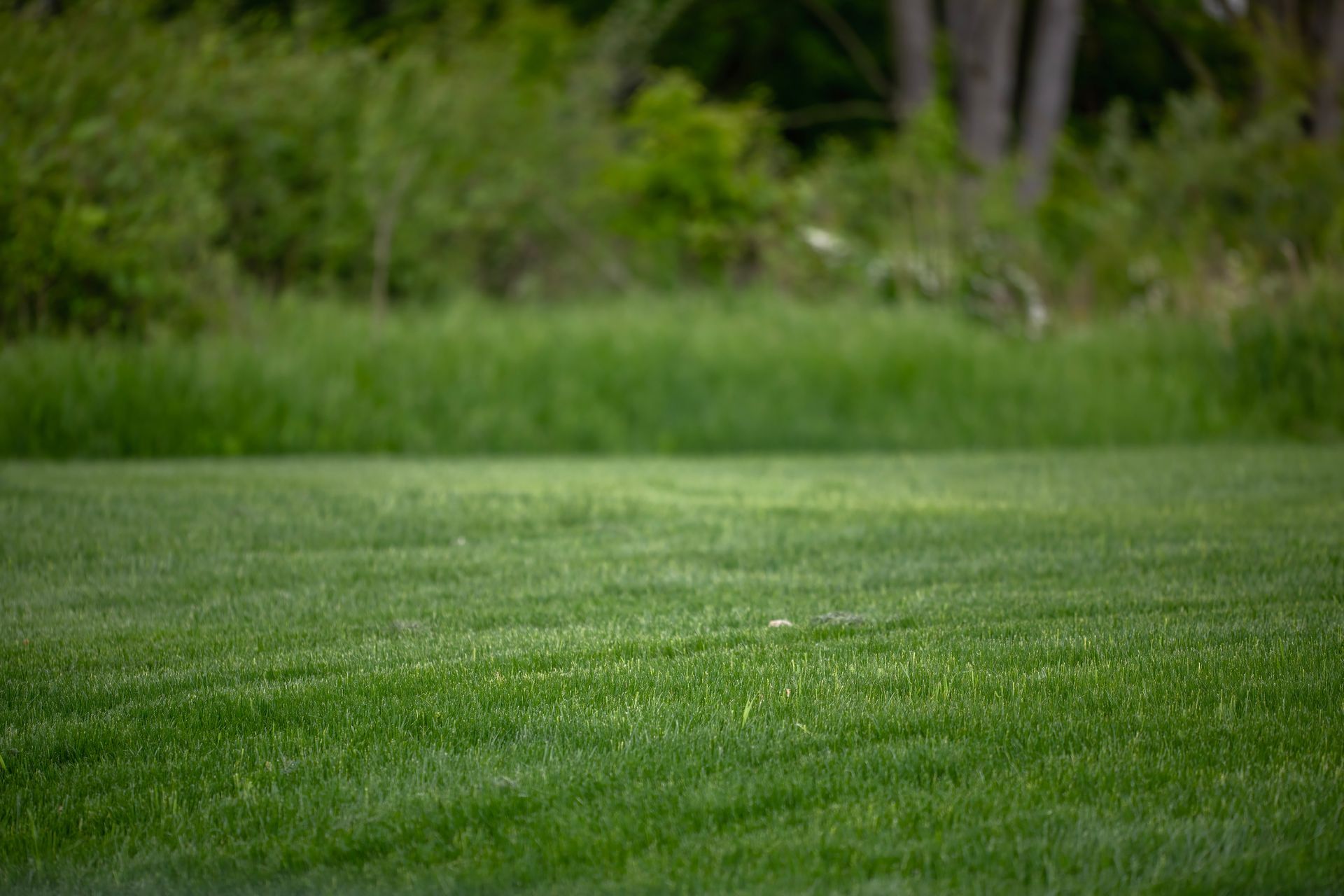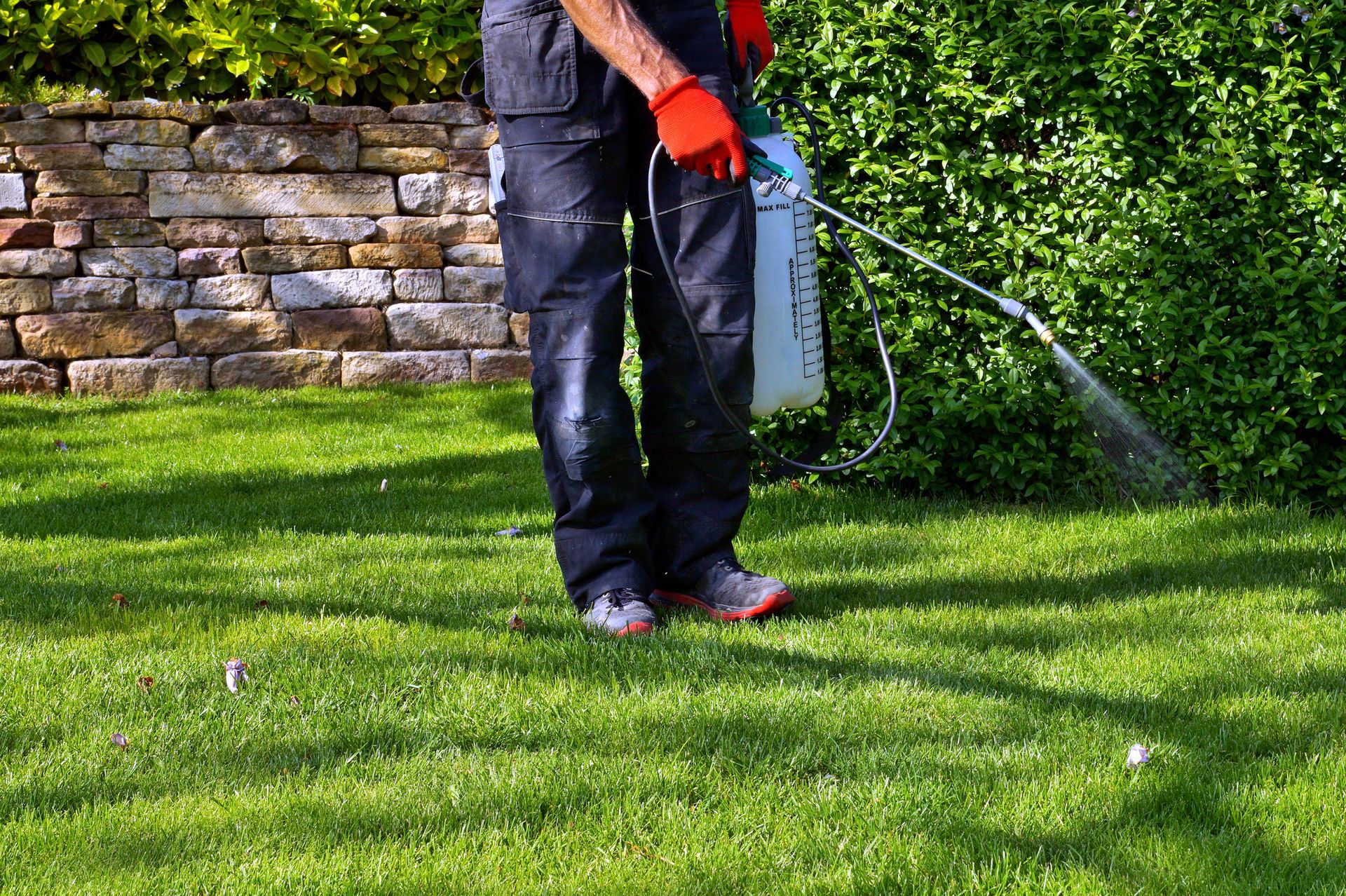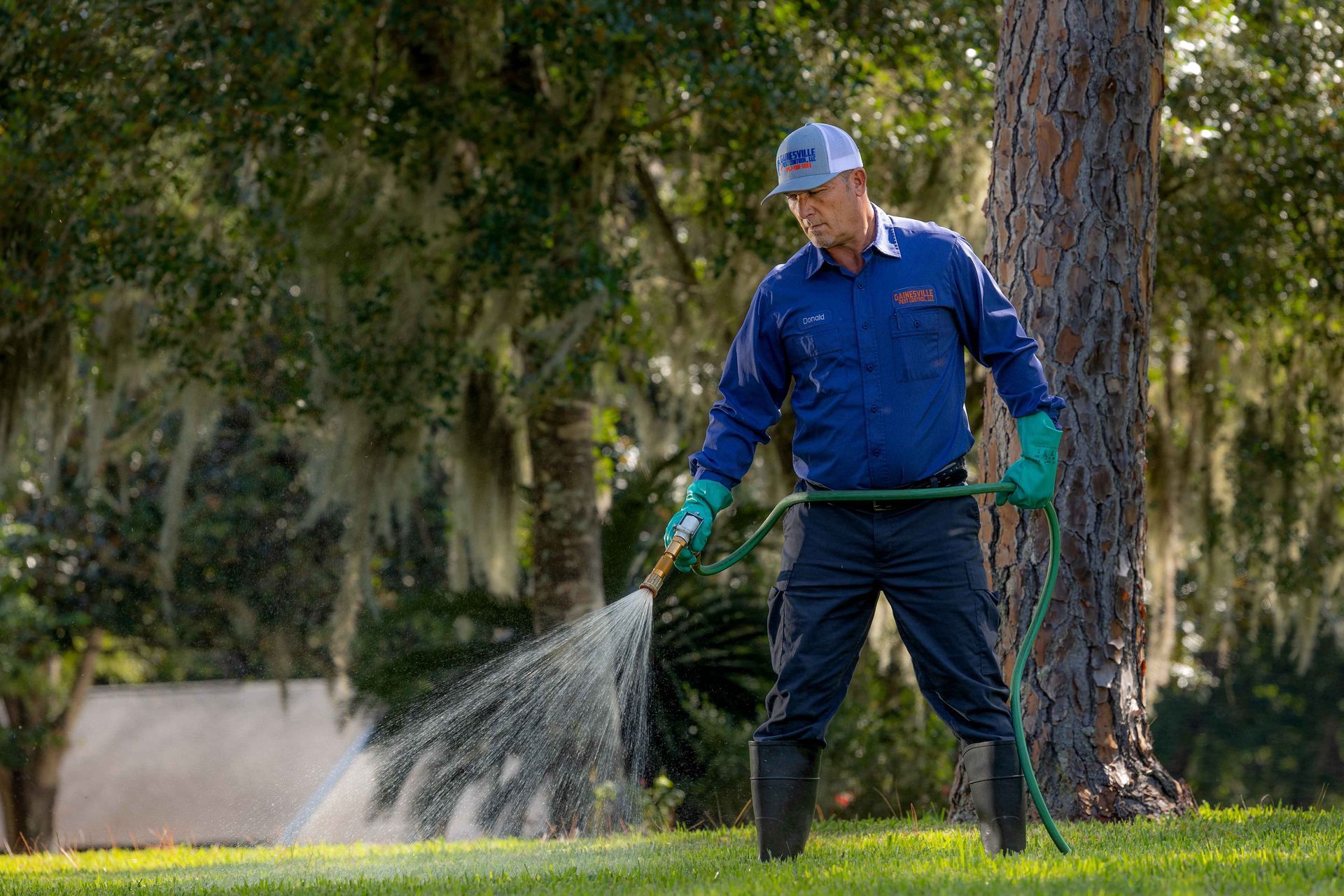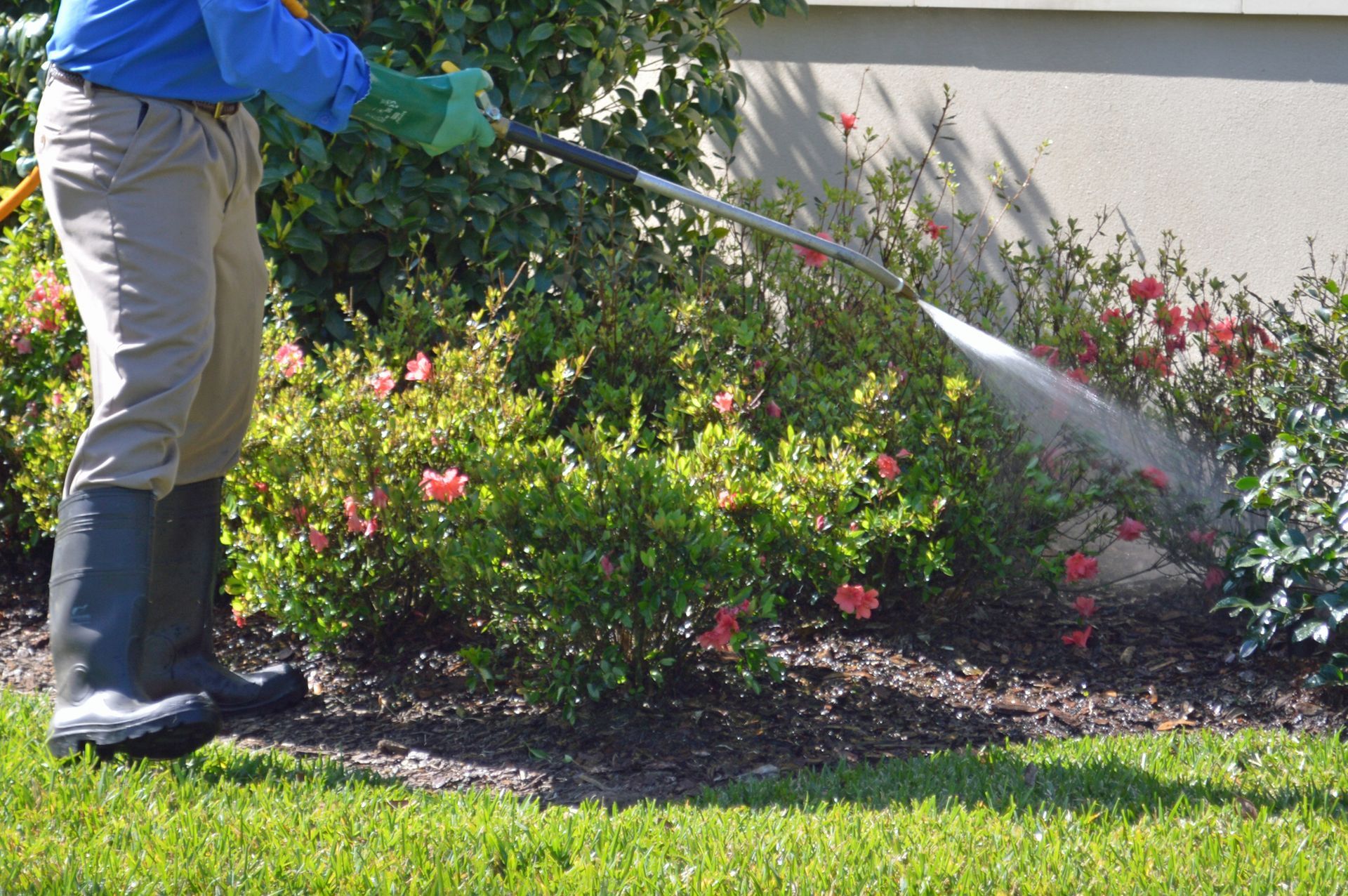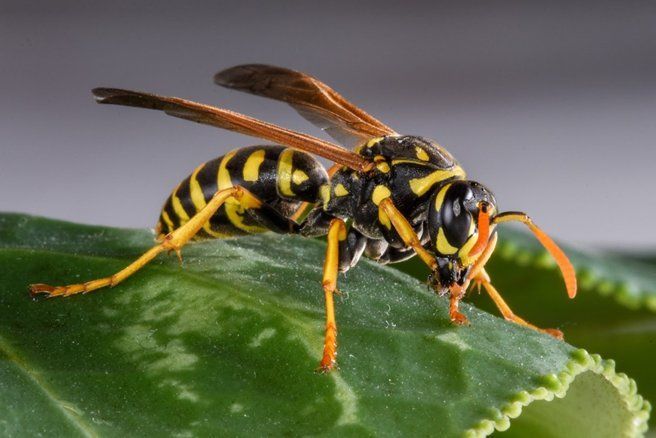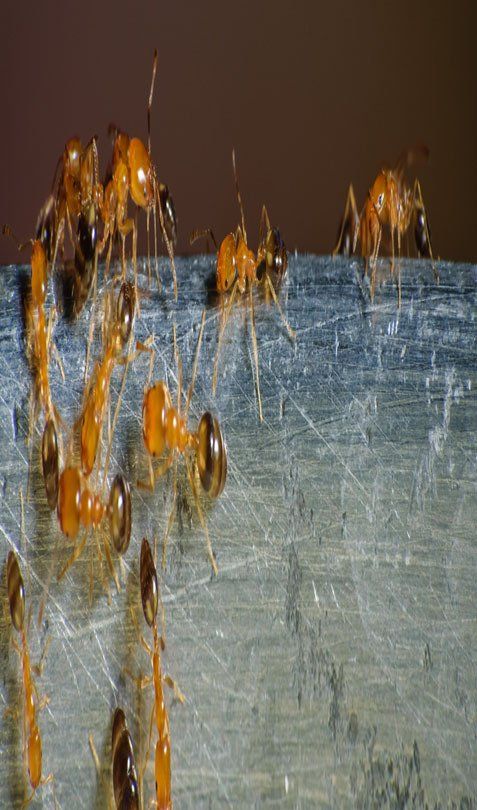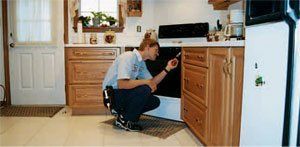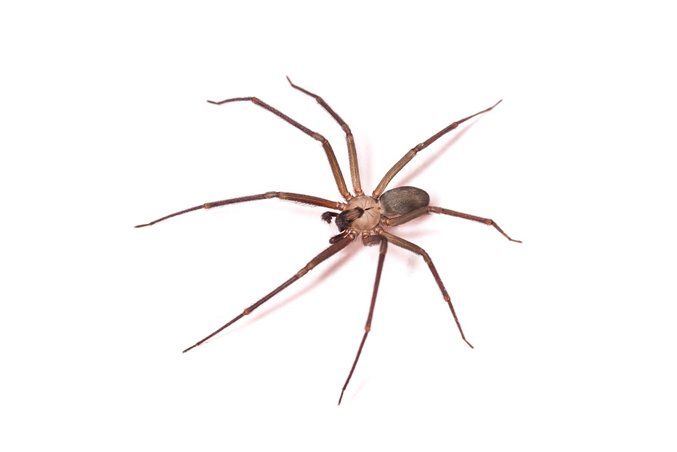Flea Prevention in Your Home and Your Yard

Dog and cat owners understand the misery of flea
infestations. Fleas can seem to appear and multiply in an instant and become
almost impossible to banish from a home. The cause of the infestation of the
biting pests may not be the animals, but the yard they spend their time
wandering through. To keep a pest-free home, all pet owners must protect their
yard as well. Use Flea Preventatives
Flea medication for pets will make animals more comfortable
and keep them from bringing more insects inside on their fur. Unfortunately,
the preventatives will not instantly end the problem. Pets should remain on
preventative medication all year, even if the temperature seems too cold for
insects.
Fleas can survive for weeks off human blood and can
reproduce if they have access to enough blood. Fleas in a larval stage can
remain in their cocoon for five months
before
they hatch and feed. Once the preventative given to the pet at the end of the
summer wears off, the remaining insects could transfer to the pet and begin to
reproduce as normal again. Clear the Yard
Fleas enjoy areas that have cool temperatures, shade, and
moisture, like inside leaf piles, tucked into tall grass, and within heavy
areas of brush. Remove lawn debris, and keep grass mowed shorter to increase
the temperature of the soil beneath the grass. Cut back thick areas of brush
around the home and keep shrubs trimmed.
Consider adding a border of cedar chips around the house or
areas where the family gathers. Fleas dislike cedar, and the chips can provide
a barrier the pests will not want to pass. Use caution with cedar mulch and
other ground coverings because some dogs may want to chew the chips, and this
can cause health concerns like digestive upset and intestinal blockages. Consider Other Animals
Fleas do not only feed on domestic animals but can inhabit
the fur and feathers of many creatures. Discourage visits from wildlife and
stray domestic animals by not leaving any food outside the home and closing off
the underside of decks and stairs and any gaps in buildings that could provide
shelter for animals.
Reconsider backyard chickens if the coop is close to the
home. Chickens attract sticktight fleas
, and these parasites also
feed off people and dogs as well as other pets. Either remove the coop or
relocate it to an area of the yard away from the home and pets. Keep the coop
clean to avoid infestations as much as possible.
Caged pets like guinea pigs can also have fleas. If cats and
dogs in the home have experienced flea bites, it is important to inspect the
guinea pig too. Spot-on flea medication for guinea pigs is not sold in the
U.S., so bathe the pet and use a flea comb regularly to remove the
parasites. Do not bring the guinea pig out to the yard if there have been signs
of fleas in the grass. Encourage Natural Predators
Not everyone may welcome spiders, beetles, and snakes in
their yard, but creatures that consume fleas are a friend to homeowners. Try
not to harm anything outside the home that may feed off the pests. Encourage a
more harmonious relationship and remind yourself the creatures are a free form
of a pest removal service.
It is possible that a severe flea problem, whether inside
and outside the home, could take years for a homeowner to mitigate on their
own. Professional pest control services enable homeowners to get infestations
under control quickly. At Gainesville Pest Control LLC
, we can treat your home and yard so your pets and family
can feel more comfortable. Contact us if you need assistance

